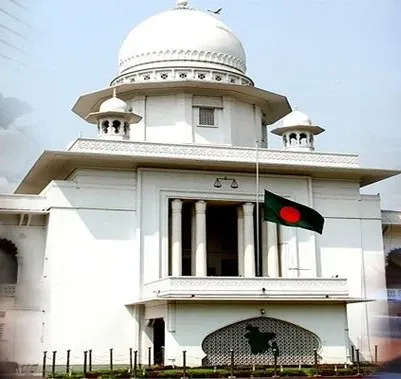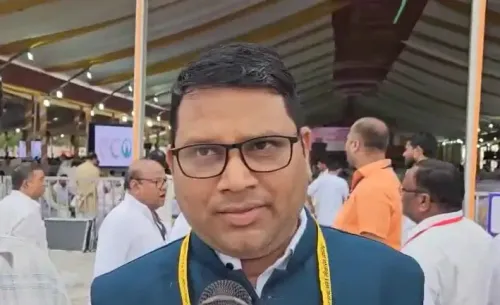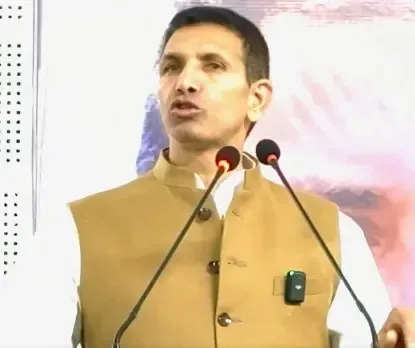Has the Human Rights Body Addressed the 'Harassment' of Minorities in Bangladesh?

Synopsis
Key Takeaways
- Public Interest Litigation initiated to combat legal harassment of minorities.
- HRCBM highlights systemic issues in Bangladesh's justice system.
- Chinmoy Krishna Brahmachari's case exemplifies broader injustices.
- Call for reforms to protect the rights of marginalized communities.
- The PIL seeks accountability for false prosecutions.
Dhaka, July 14 (NationPress) The Human Rights Congress for Bangladesh Minorities (HRCBM) has initiated a Public Interest Litigation (PIL) in the High Court targeting the "systematic misuse of fraudulent criminal cases designed to harass, intimidate, and dispossess Hindus and other minorities" throughout the nation, with the aim of unveiling the "legal harassment of Bangladesh’s religious minorities."
“This forthcoming PIL, submitted to the High Court Division of the Bangladesh Supreme Court, is more than a legal move — it serves as a call for justice in a nation where over 3.9 million criminal cases remain unresolved, and unchecked authority has transformed prosecution into persecution,” the HRCBM stated on Monday.
“A stark illustration of this weaponization of justice is the ongoing imprisonment of Chinmoy Krishna Brahmachari, a respected monk and social reformer. He was initially arrested under a sedition accusation, filed unlawfully by a private individual — contravening Bangladeshi law, which permits only the state to file sedition charges (as outlined in Section 196 of the Code of Criminal Procedure). Despite the spurious nature of this accusation and escalating public outcry, Chinmoy Prabhu remains incarcerated,” the statement further explained.
The rights organization disclosed that the bail petition for Chinmoy Krishna Das, currently pending before the Appellate Division of the Supreme Court, has lacked resolution for several months. Following this, it noted that he has become ensnared in numerous "fabricated cases," including "false murder allegations."
The HRCBM raised the question of whether "his only offense was confronting authority and advocating for the rights of marginalized communities in Bangladesh." Moreover, it expressed that his situation exemplifies a "microcosm of broader state apathy and complicity — a legal farce in a system that professes to uphold justice."
After a thorough investigative process, the human rights organization analyzed 15 criminal cases filed between October 31 and December 19, 2024, revealing that these cases implicated 5,701 individuals, many of whom were "targeted without specific claims," frequently grouped together in sweeping FIRs.
“These broad accusations, particularly the use of unidentified suspects, are allegedly being manipulated by both police and local entities to arbitrarily detain minority individuals — a tactic notably seen in Chittagong city and elsewhere. Such actions not only violate constitutional protections but also further fracture an already vulnerable population,” the HRCBM remarked.
“For generations, religious minorities in Bangladesh have endured recurring cycles of violence, displacement, and legal persecution. Today, fraudulent criminal cases represent a new frontier of this abuse — one that is both systemic and silent,” it added.
The PIL aims to contest the arbitrary application of the FIR process to lodge mass accusations without adequate investigation and calls for judicial directives requiring preliminary inquiries in cases prone to misuse.
Additionally, it seeks disciplinary measures against officers complicit in malicious prosecutions and advocates for a judicial inquiry or a commission to evaluate and report on false cases.









